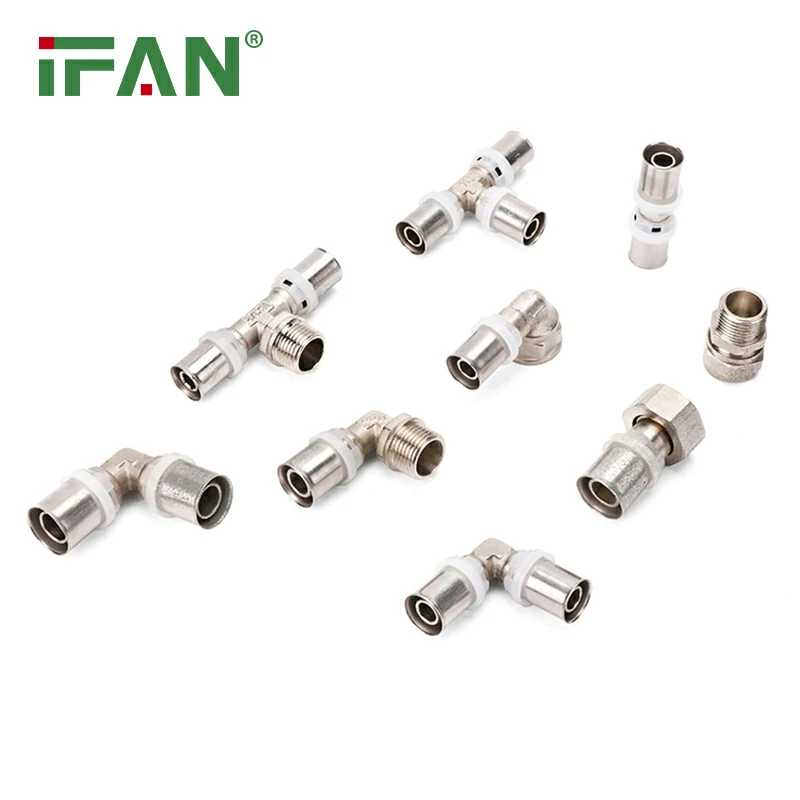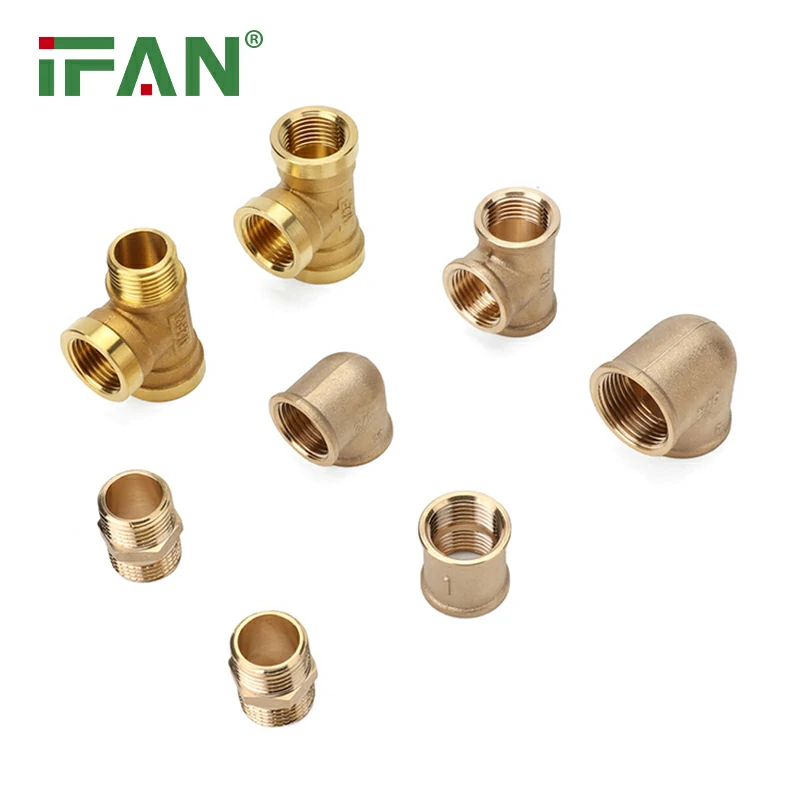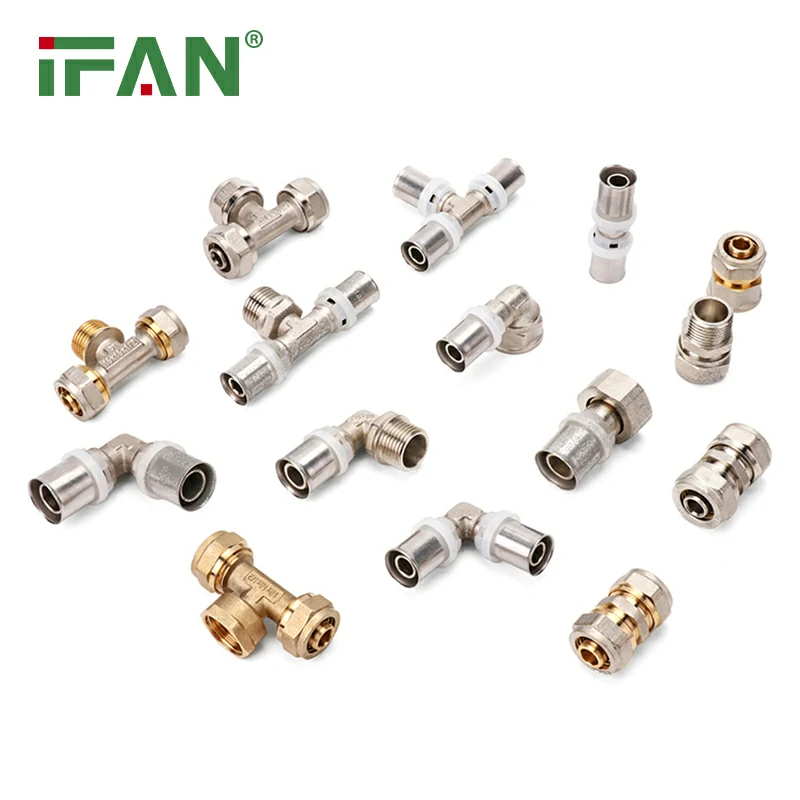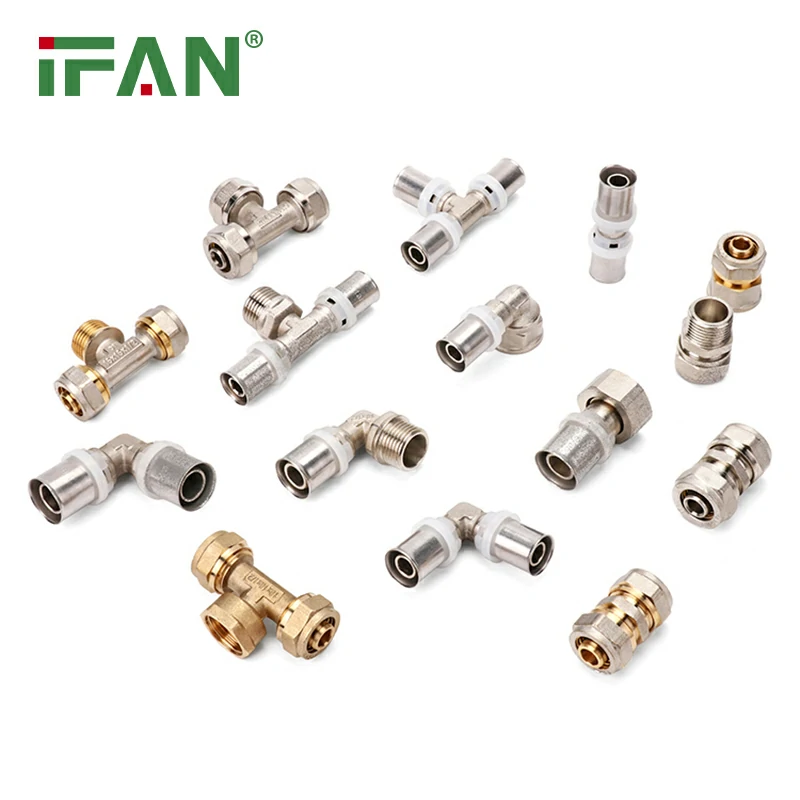There are several ways to keep outside PVC pipes from freezing:
- Insulate the pipes: You can insulate your pipes with foam insulation or heat tape. This will help keep the pipes warm and prevent them from freezing.
- Use a heater: If the pipes are critical, you can use a heater to keep them warm. There are heaters designed specifically for this purpose, such as pipe heating cables or portable space heaters.
- Keep water flowing: Running water through the pipes regularly will keep them from freezing. This is because moving water is less likely to freeze than stagnant water. Even a trickle of water can be enough to prevent freezing.
- Buried pipes: If possible, bury the pipes underground below the frost line. This will protect them from freezing temperatures.
- Shut off valves: Shutting off valves to outdoor faucets and draining the pipes can help prevent freezing. This is especially important if the pipes are exposed to extreme cold temperatures.
Overall, it’s important to take preventative measures to avoid frozen pipes, as they can cause significant damage to your plumbing system.
Is it necessary to bury PVC pipes below the frost line to avoid freezing?
It depends on the location and climate of where the PVC pipes are being installed. In areas with colder climates and deeper frost lines, it is generally recommended to bury PVC pipes below the frost line to prevent freezing and potential damage to the pipes.
However, in warmer climates or areas with shallow frost lines, burying PVC pipes below the frost line may not be necessary. It is important to consult local building codes and regulations as well as the recommendations of professionals such as plumbers or engineers to determine the best course of action for installing PVC pipes in a specific location.
Additionally, proper insulation and installation techniques can also help prevent freezing and damage to PVC pipes even if they are not buried below the frost line.
What are some ways to insulate PVC pipes to prevent freezing during cold weather?
There are several ways to insulate PVC pipes to prevent freezing during cold weather:
- Apply heat tape: This is a highly effective way to prevent freezing. Heat tape is an electrical heating wire that you wrap around your pipes.
- Use foam insulation: Foam insulation sleeves can be easily slipped over your pipes, and they will provide an extra layer of protection against the cold.
- Wrap with fiberglass insulation: This type of insulation is more commonly used for larger pipes and ductwork, but it can also be used for smaller PVC pipes.
- Close off any gaps or openings: Make sure there are no gaps or openings where cold air can enter and reach your pipes.
- Keep a trickle of water running through the pipes: Running water will help keep the pipes from freezing, but this method is not recommended if you are on a well or have limited access to water.





